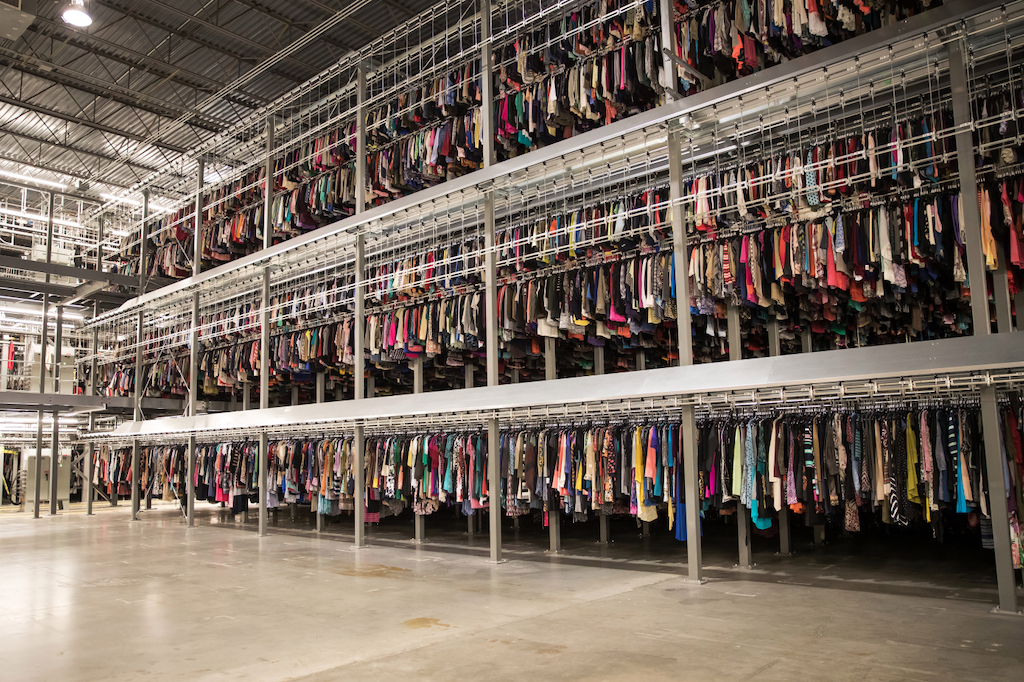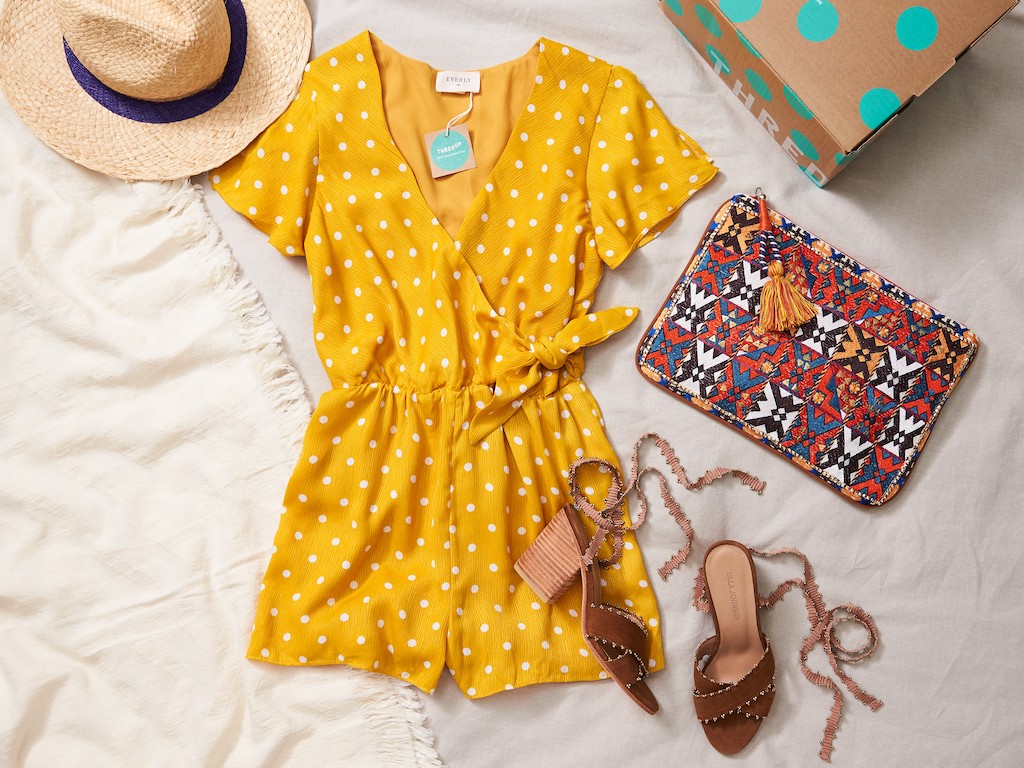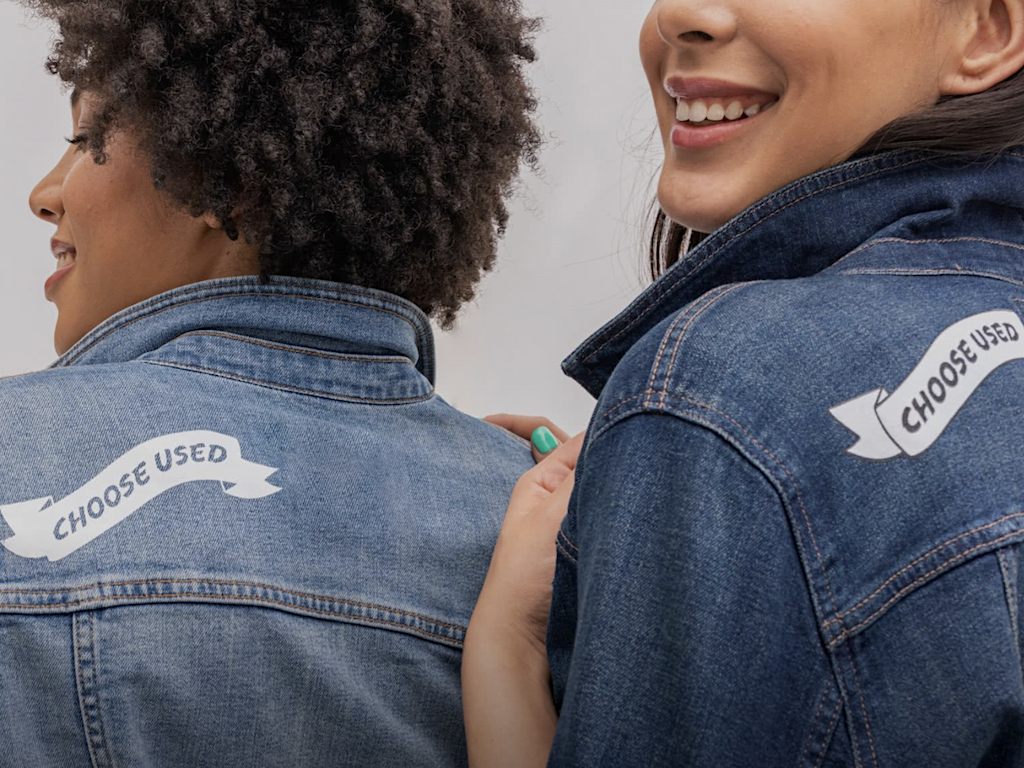3 Mins Read
ThredUP, the world’s biggest online consignment platform, has just revealed the latest results in its 2020 Resale Report in partnership with independent market research firm GlobalData. The report shows that far from taking a hit from the economic volatility, the online resale market has been booming despite the coronavirus pandemic.
Released today (June 30), thredUP’s annual report examines the trends of the US$28 billion and growing resale fashion market. Unlike the story for the majority of resale businesses whose brick-and-mortar operations have shuttered, leading to multiple high-profile bankruptcy filings, online secondhand fashion platforms such as thredUP, Vestiaire Collective and The Real Real have seen record sales.
Compared to the broader retail industry that is estimated to shrink by 23% this year, the report finds that the online resale segment will grow by 27%. Over the next five years, the secondhand fashion market is forecasted to increase by a whopping 414%.
The month of May this year was a record-breaking month in particular for new thredUP users, with shoppers altogether spending an astonishing 2.2 million hours on the site, representing a 31% increase for the company compared to pre-coronavirus times.

One of the reasons as to why shoppers are now increasingly choosing preloved items is due to value, which has become a pertinent decision-making factor as the pandemic takes an economic toll on millions of people. Spending more time at home during the coronavirus crisis has also meant e-commerce in general has become one of the only viable ways to continue shopping.
In a survey involving 2,000 consumers, the report also found that 44% are planning on spending more on preloved fashion and two-thirds will be foregoing most visits to department stores in the future. Gen Zs will be leading the pack as the most resale-friendly demographic, with an overwhelming 90% saying they already have or are open to shopping secondhand, particularly when cash-strapped.
Read: ThredUP launches calculator for your wardrobe’s environmental footprint
Prior to the pandemic, resale fashion has grown in popularity due to its environmental advantages, particularly as consumers become increasingly conscious of the enormous carbon, pollution and waste footprint of the fashion industry. According to the Ellen MacArthur Foundation, fashion is responsible for nearly 10% of global carbon emissions, 20% of wastewater and 92 million tonnes of textile waste annually.
Mainstream brands have taken strides in recent years towards sustainability in a bid to retain customers, with Walmart being the latest fashion retailer choosing to partner with thredUP to green its operations.

It follows the move by Gap, who began distributing thredUP’s clean-out bags earlier in March for customers to mail their items and collect shopping credit that can be spent at Gap-owned brands and its namesake stores.
President of thredUP Anthony S. Marino believes that the pandemic had sped up the existing sustainable fashion trends that had been underway.
“Consumers who may have taken a bit longer to come around [to resale], Covid may have pushed them into our court,” said Marino.
Investors are too taking note of the consumer demand for more sustainable fashion options, and pouring their money into online platforms catering to exactly that. In late April, Paris-based preloved fashion online platform Vestiaire Collective announced it landed US$64 million in new funding.
Of all the circular fashion business models out there, the report notes that the secondhand market is expected to lead the race to take up the largest share. While it notes that rentals and subscription models are too positioned to grow rapidly, they will make up a smaller portion of overall sales.
Lead image courtesy of thredUP.




